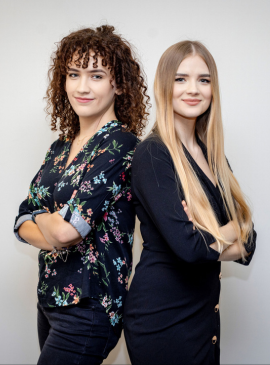OUR COMPANY
OUR SERVICES
THEMES
The training is aimed at acquiring techniques of team management during meetings, achieving the goal, leading the group at all stages.
Managers who serve managerial functions, manage teams, employees preparing for assuming managerial role.
Managers who serve managerial functions, manage teams, employees preparing for assuming managerial role.
The number of participants: 8-15 people
Duration: 2 days
Available language: PL
Available course material: PL

ITIL® and PRINCE2® are registered trademarks of AXELOS Limited, used under permission of AXELOS Limited. All rights reserved.
AgilePM® is a registered trademark of Agile Business Consortium Limited.
All AgilePM® Courses are offered by Sii, an Affiliate of Quint Wellington Redwood, an Accredited Training Organization of The APM Group Ltd.
Lean IT® Association is a registered trademark of the Lean IT Association LLC. All rights reserved. Sii is an Affiliate of Accredited Training OrganizationQuint Wellington Redwood.
SIAM™ is a registered trademark of EXIN Holding B.V.
All prices presented on the website are net prices. 23% VAT should be added.
Czy chcesz opuścić tę stronę?